The power sector is at the heart of India's decarbonization efforts. It is responsible for almost 39% of the country's greenhouse gas (GHG) emissions. Including the sector in India's Carbon Credit Trading Scheme (CCTS) would lead to significant, cost-effective cuts in both the direct emissions from power generation and indirect emissions from electricity usage in the industrial sector. The European Union, the United Kingdom, and California have all shown that emissions trading systems (ETSs) can speed up fuel switching, the use of renewable energy, and improvements in energy efficiency while keeping costs reasonable.
Current policies in the power sector in India such as the coal cess and the Renewable Purchase Obligation framework, encourage clean energy but do not directly reduce emissions. The CCTS would offer a flexible, market-based mechanism to reduce emissions and produce significant government revenue if the power sector were included. According to estimates, auctioning allowances starting in 2035 could generate over USD 500 billion by 2050. This money could then be used for industrial decarbonization and clean energy transition, as well as for assisting vulnerable industries and households through energy efficiency programs, bill credits, and rebates.
In addition, establishing a timeline for allowance auctioning, similar to Japan’s GX-ETS, could enable the issuance of a climate transition bond, providing upfront investment for the low-carbon transition. An effectively designed CCTS would create a level playing field for utility and captive power plants, avoiding emissions leakage, while India’s regulatory structures would enable smooth integration of carbon costs into dispatch and pricing frameworks.
This policy paper presents the rationale for integrating the power sector into CCTS and delineates a set of policy measures the government should adopt to ensure its effective and efficient inclusion, drawing upon international experience and established best practices
(The Asia Society Policy Institute has published “Strengthening India’s Carbon Credit Trading Scheme by Inclusion of the Power Sector” by Alistair Ritchie, Director of Asia-Pacific Sustainability, and Nishtha Singh, Assistant Director of Climate at ASPI, The paper examines why including the power sector in India’s Carbon Credit Trading Scheme (CCTS) is an essential step towards ensuring India meets its decarbonization goals)
.jpg)
 Newsinc24 Team
Newsinc24 Team 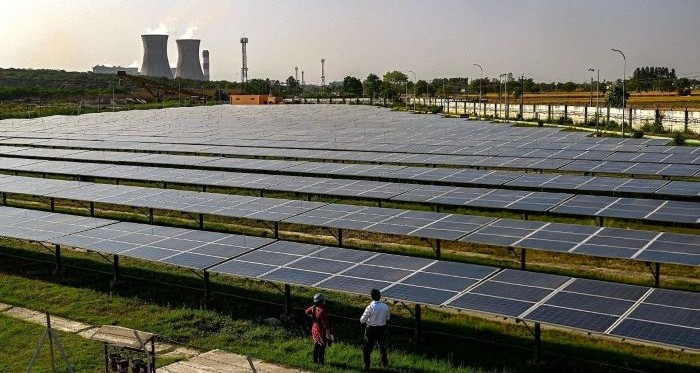
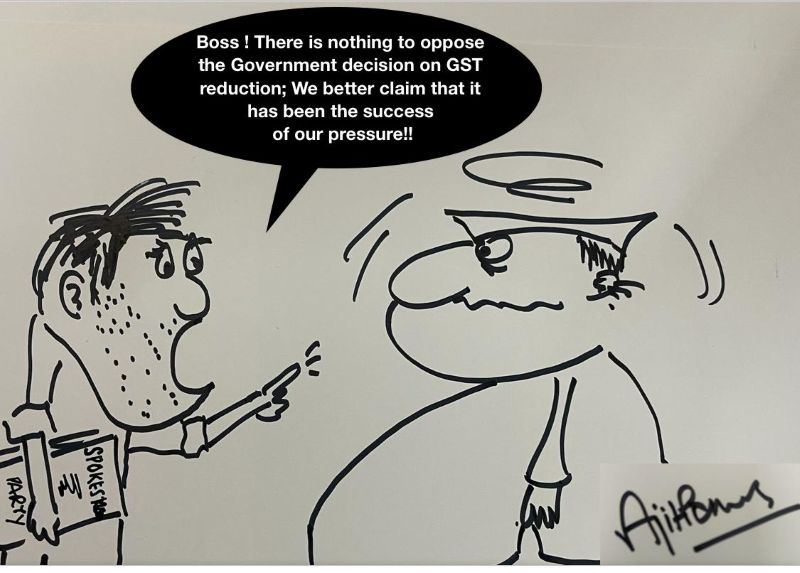

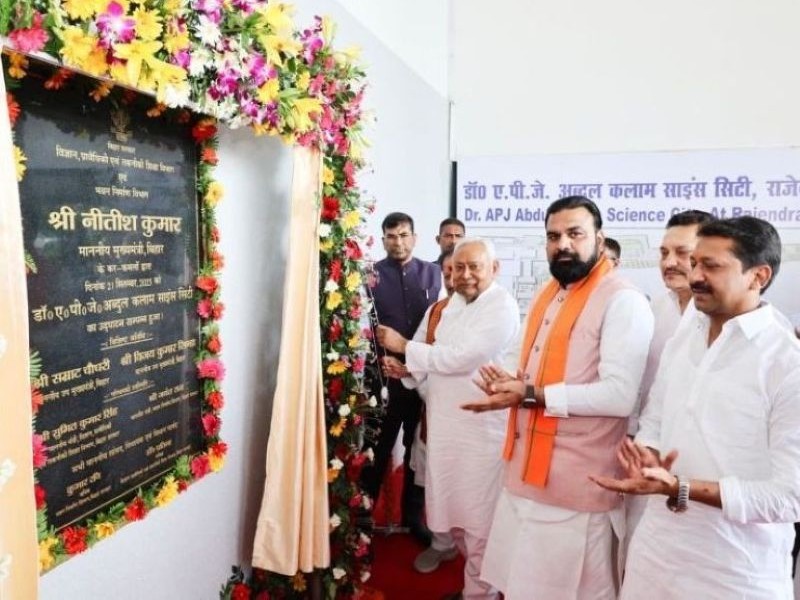
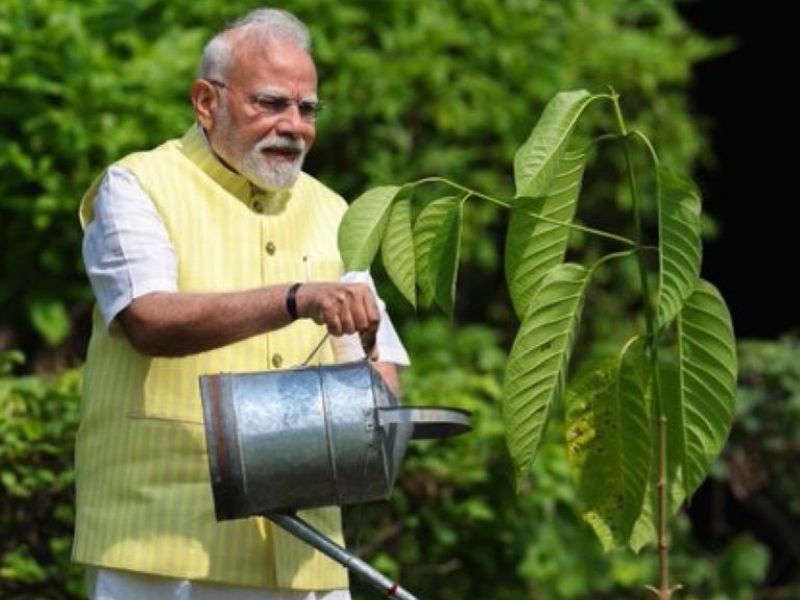









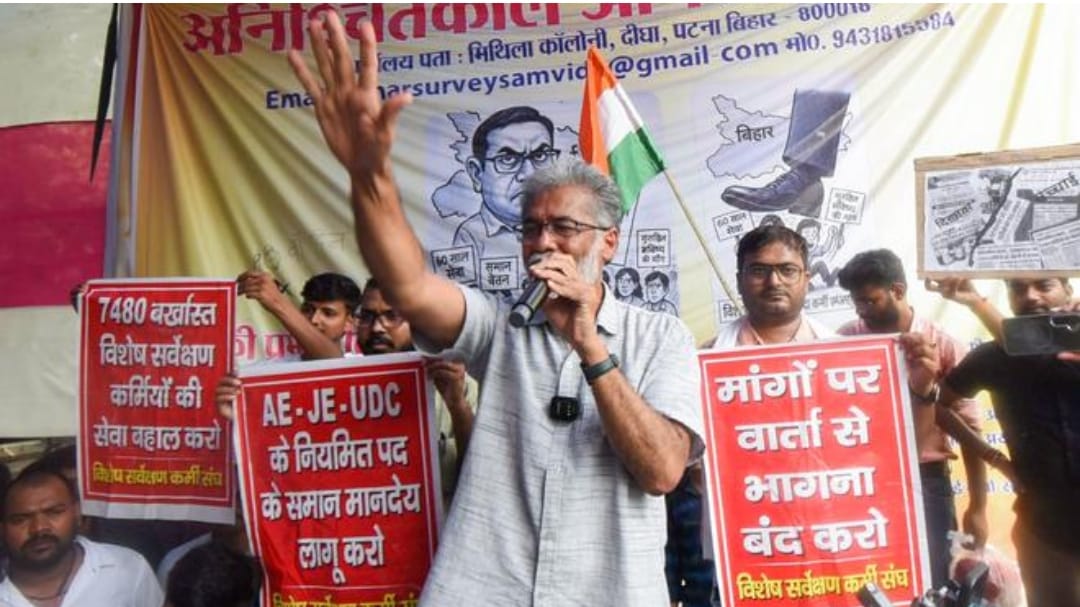



Related Items
India presents bid to host 2030 Commonwealth Games in Ahmedabad
India aims to deepen energy trade relations with US:Goyal
PM Modi to inaugurate World Food India on September 25